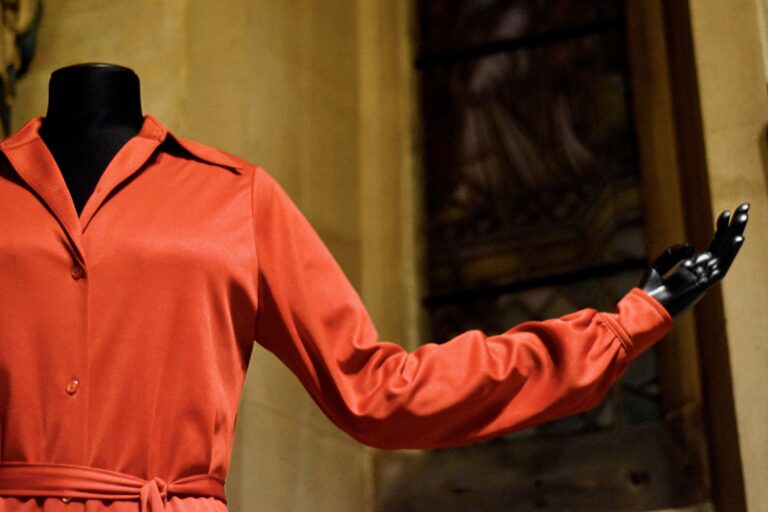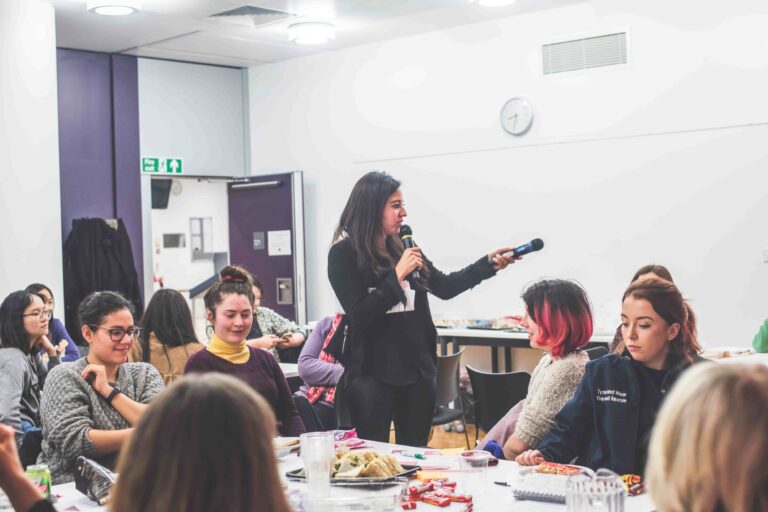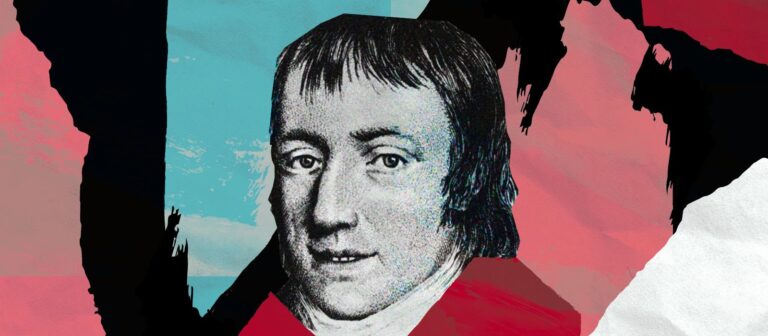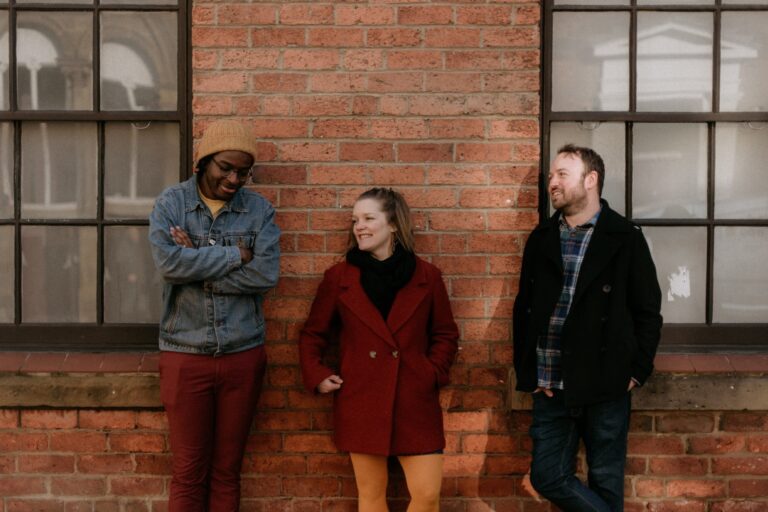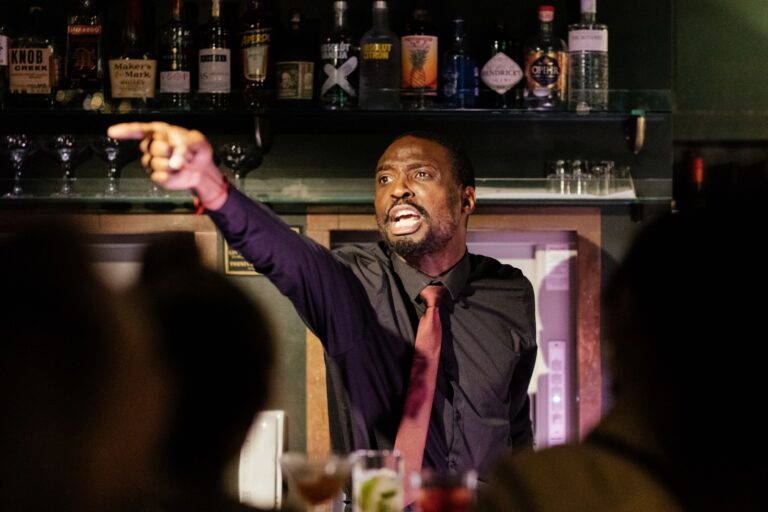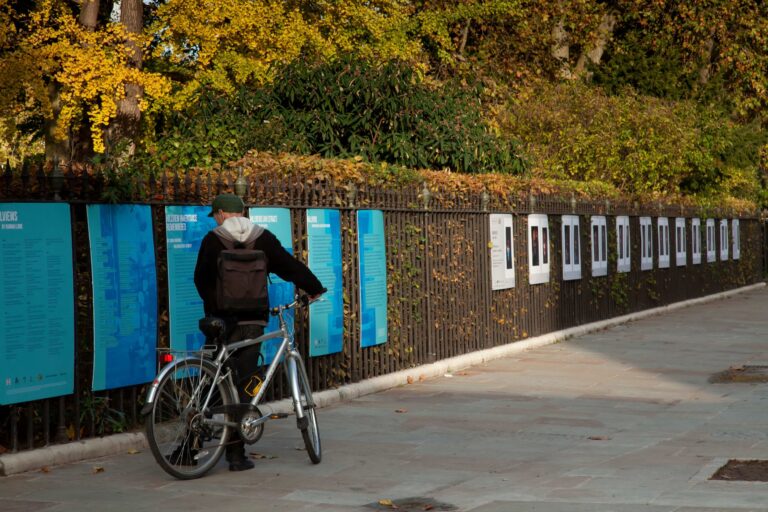20 Years of Poet in the City
Twenty year anniversary of launch on 25th February 1999
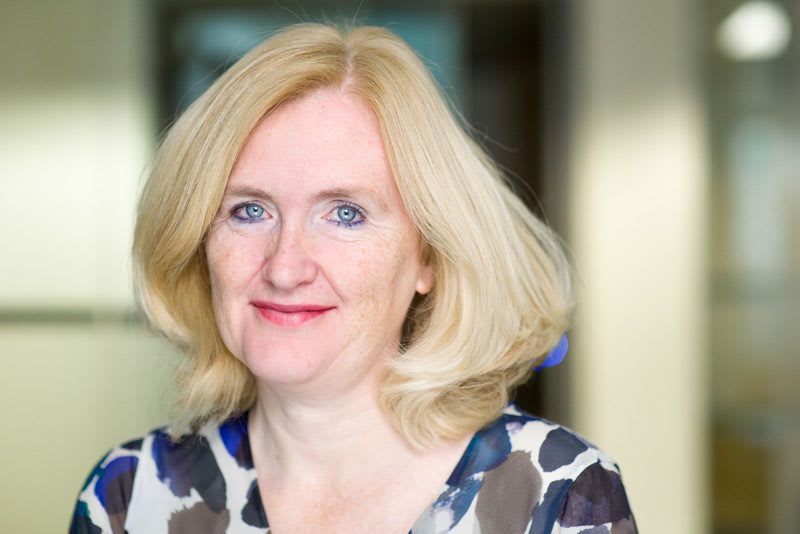
The origins of Poet in the City can be traced back to 1998, when I was a young lawyer at Bates Wells Braithwaite. Reading poetry, including at my place of work, had become an important solace to heal a broken heart. In fact it was pretty much the only thing that kept me going. My fellow lawyer and poetry lover, Philip Kirkpatrick would break off from drafting a contract to read W.B. Yeats and Wallace Stevens and I would respond with Sylvia Plath or Christina Rossetti. As I walked around the City of London, I was struck by how isolated everyone seemed to be. If poetry could save me, then maybe it could become the antidote to T.S Eliot’s image of dead souls wondering over London Bridge.
I became a woman on a mission. The square mile must have an actual living, breathing poet in the city to link up offices, schools and streets and bring new audiences to poetry. I approached everyone I could think of – the amazing Christina Patterson at the Poetry Society (now a writer), the Corporation of London, as well as a whole band of other brilliant lawyers & City folk, including Jason Butwick at Decherts (who remains a trustee), Frances Hughes, now at Hughes Fowler Carruthers, Anna Frankum (later a Chair of Poet in the City), as well as KPMG and investment houses. Working together collegiately and collaboratively, Poet in the City started to take shape. Given how intense the early phase was, I was particularly fortunate that my colleagues at Bates Wells & Braithwaite were enthused and supportive with ideas, time and resourcing. A key milestone was the appointment of John Mole as the Poet in the City and the City of London’s first poet in residence.
Poet in the City was officially launched on the 25th February 1999 at a glittering reception for 200 people at law firm Clifford Chance, with readings from local school children, our patron Wendy Cope, as well as a specifically commissioned poem from Colin Cavendish Jones of Wilde Sapte. Early events included a John Donne evening at St Paul’s Chapter House, readings from Andrew Motion (then Poet Laureate and a great supporter) and a poetry exchange at the Royal Exchange with the Minister for Arts, children, bankers and black cab drivers. For a number of years, Poet in the City also placed poets into primary schools in Tower Hamlets, Islington, Bethnal Green, with some of the children’s poems being displayed as posters on the South Bank as part of the Millennium Bridge construction project. We also ran highly successful poetry Drop-Ins and the range of poems and themes was wide ranging, including memory, jazz, nature and after the 9/11 tragedy, an intense and cathartic evening of readings. Then there were poetry writing workshops, a high energy poetry slam and even a course for lawyers on how to hone their drafting skills through the use of poetry. We discovered a surprising amount of poetic talent hidden away in offices and boardrooms around the City.
Led by Graham Henderson from 2006, Poet in the City was no longer affiliated to the Poetry Society and was established as a charity in its own right. Poet in the City was transformed in its new incarnation by gaining Arts Council funding and significant sponsorships. The organisation began programming dozens of high-profile poetry events every year in major arts venues and everyday spaces, together with a wide range of other commissioning projects, talent development programmes and creative partnerships. Poet in the City successfully transitioned to a new chief executive, Isobel Colchester in April 2014. Its ground breaking and innovative events have been attended by thousands of people, making Poet in the City a major player in the poetry world and one of a kind in terms of the sorts of events it runs. I am immensely proud of the journey Poet in the City has taken in the last twenty years, remaining true to its roots of attracting new audiences and breaking down barriers.
Rosamund McCarthy, founder and first Chair of Poet in the City
https://www.independent.co.uk/incoming/the-lawyers-pursuing-a-more-poetic-justice-1125864.html
https://www.independent.co.uk/student/postgraduate/mbas-guide/white-collar-poets-5368774.html
Poem by Colin Cavendish Jones to celebrate the launch of Poet in the City
The bells of St Clement’s stopped peeling,
The stones of St Martin’s cried out.
In Threadneedle Street there was doom and despair,
Weeping and wailing in Charterhouse Square,
From Cornhill to Clerkenwell cries rent the air,
And Shoreditch was shaken with doubt.
The whole town cried “We need a new poet
Now Shakespeare and Dryden are dead.
For Wordsworth was charming in 1802
When he stopped on a bridge to admire the view
And of course, if he still composed sonnets, he’d do
But he’s now decomposing instead.”
The townsfolk were deeply despondent.
Commuters were hard to console
But at Bates, Wells & Braithwaite Miss Rosamund Smith
Heard the wild ululations from each megalith
And resolved to do something constructive forthwith
So she put in a call to John Mole.
So John came and sang to the City.
He sang like a bard of the air
And on wings of enchantment the phoenix of verse
Flew through offices, schools, streets and home to traverse
And enlighten our City, dispelling the curse
(Leave the metaphor NOW, it’ll only get worse),
Underground, overground, everywhere.”
We’ve had vast success but remember
It was gold that made Keats’ realms so bright.
So to save our poor town from becoming distraught
Spare us some change, guv, or spare us a thought
And in money, time, effort, goodwill or support
Please give generously. Thank You. Goodnight.*
*Original post 16/01/2019

